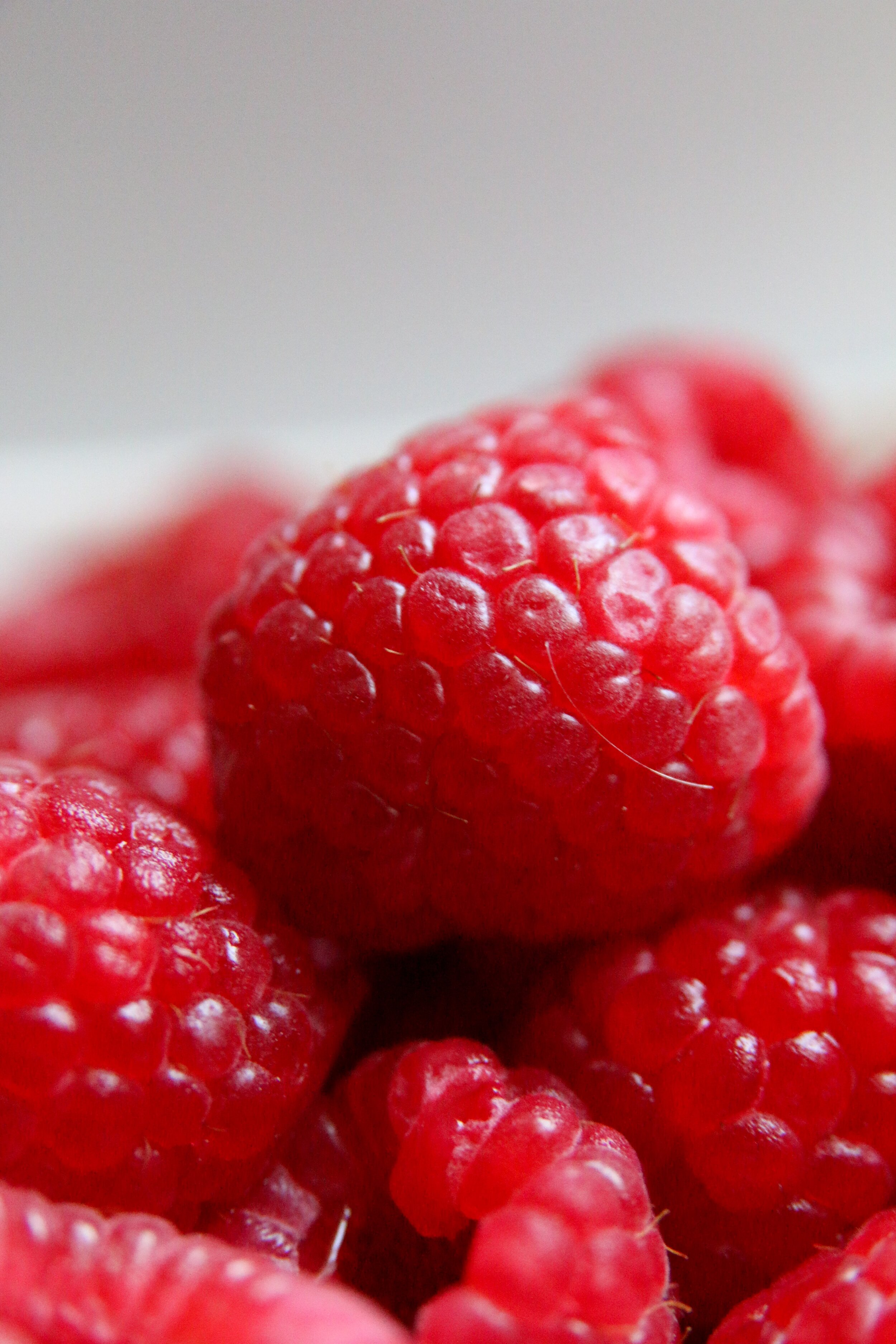Alright, so just about every scientific study about going into labor seems to be contradictory. When hormones are raging, searching Google for medical advice is the last thing anyone should be doing. Trust me, you’ll pull your hair out (or end up snorting wasabi). It’s no different than those news headlines about eggs or coffee swinging wildly back and forth between “good for you” and “cut it out of your diet completely”. Anyone else just gets confused? Same. Also, please don’t snort wasabi.
So let’s preface this article by saying: there’s no ruling evidence that these foods absolutely induce you. They work for some women, they don’t for others. It’s interesting to try though, and we will say: there’s a pretty high success rate for some of these.
P.S. - if you’re in the Oakland area, try the Prego Pizza from Skipolini’s Pizza. Unsure of the method here - it could be to replace your baby with a pizza baby, seeing as there are 13 toppings on this pizza. Worth a try!
And if you’re in the Los Angeles area, you’ve probably heard of the famous Maternity Salad from Caioti Pizza Cafe. They see sometimes 30 pregnant women each day, flocking from all over in hopes of this magic salad inducing them.
For some more accessible foods available at any grocery store, below are three foods rumored to induce labor chosen based on their nutrient value.
Pineapple: Is it a Miracle Inducer?
Pineapple is positively packed with nutrients, antioxidants, and other helpful compounds and enzymes to fight inflammation and disease. Just one cup of pineapple equals 131% of the daily recommendation of Vitamin C. Can we say pineapple is the new orange?
Vitamin C is especially beneficial, promoting growth and development, a healthy immune system, and iron absorption. Pregnancy hormones wreak havoc on mama’s digestive system so snacking on pineapple, containing digestive enzymes called bromelaina, means you are a little less likely to turn to Tums or Maalox.
Pineapple shouldn’t be eaten as if it’s candy (or wine, right?). It’s high in sugar and with a pH of 3.3 to 5.2, very acidic. Acidic foods only intensify pregnancy-related heartburn and acid reflux. Too much bromelain may lead to diarrhea or cramping, which may be mistaken for the beginning of labor.
A study showing that pineapple extract caused uterine contractions is dampened by the fact that extract was applied directly to the uterus, a result without much practical application.
Not only is it better to eat nutrient-rich foods during your pregnancy, stocking up on the RIGHT vitamins and minerals is also essential to ensure that both you and baby’s health are at their most optimal levels. Probiotics are a key part of that regimen… read more about it here!
Dates on your due date?
Dates are high in fiber with natural fructose keeping you happy and energetic. Nature’s broom, anyone? Dates are also a source of folate, which helps reduce the likelihood of birth defects. These Middle Eastern delights are high in iron and vitamin K, boosting your energy levels and fighting anemia. In addition, vitamin K helps a growing baby develop strong bones, and it can improve your muscle and nerve function.
In a 2011 study, researchers had 69 pregnant women eat six dates a day for 4 weeks leading up to their estimated delivery dates. The study also included 45 pregnant women who didn’t eat any dates prior to their delivery dates.
Date-eating mamas had significantly higher cervical dilatation than those who abstained and spontaneous labor occurred in 96% of those who consumed dates, compared with 79% women in the non-date eating bunch.
Raspberry Tea Leaves:
Red raspberry tea is an excellent source of magnesium, calcium and antioxidants, and potassium. It has been called a “natural Pitocin” by many but despite anecdotal evidence, there isn’t much scientific support. Drinking too much may have a diuretic effect so sip with caution. Unless you’re near a loo, then you do you!
Final Thoughts:
Due to moral and ethical concerns of testing on pregnant women, scientific evidence will always be sparse. The power of suggestion and friend and family’s stories may tempt us to try these foods but unless you have a medical reason to induce, patience is always a wise prescription.

